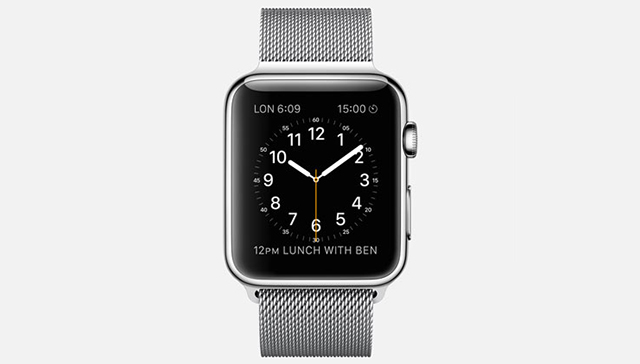
One of the main reasons why smartwatches are a tough sell today is battery life. Consumers expect them to work for a very long period of time on a single charge when, in reality, they only last for a day or two. It is no surprise then that, coupled with other issues related to the user experience, most people could not care less about them.
Not even the long-awaited Apple Watch looks like it will be able to match our expectations. When Tim Cook unveiled the device last month he left out details regarding battery life, which we took as a sign that we should not get our hopes up. A statement that Apple's CEO just made at the WSJ.D conference confirms our concerns.
Speaking of Apple Watch and how "profound" of an impact it could have in consumers' lives, Cook expects that users "will end up charging it daily" because they "are going to use it so much". He may have chosen his words carefully there, but the takeaway is that we should not expect Apple Watch to last longer than other smartwatches on the market, like Motorola's Moto 360, at least not in the current iteration, which will ship next year.
Truth is, there is only so much that can be done to improve battery life in a form factor that is this small. Apple Watch cannot pack a big battery, as it would be bulky and consumers might not want a smartwatch that is too thick or too big -- as it might look out-of-place. Apple may also be lacking the technology that ushers significant battery life savings -- given time, more efficient hardware will be manufactured.
But, for an expensive smartwatch such as Apple Watch -- it starts at $349 -- offering similar battery life to devices costing roughly half as much could be viewed as its Achilles' heel. It does not seem to add any killer features for the extra money, other than the benefits that come with being part of the all-in Apple lifestyle -- which may mean nothing to those not ready to follow the same path.

